Archaeology
Roman emperor Caligula's 2,000-year-old garden unearthed near the Vatican
Construction workers in Italy have discovered a 2,000-year-old garden that once belonged to a Roman emperor.
The travertine walls of the garden overlook the banks of the Tiber, a river that cuts through Rome and sits east of Vatican City. The ruins were unearthed as workers constructed a new overpass at Piazza Pia, according to a translated statement from the Italian Ministry of Culture.
As archaeologists removed debris, they found a lead water pipe with the following inscription: "C(ai) Cæsaris Aug(usti) Germanici." Researchers determined that the engraving referred to Gaius Caesar Augustus Germanicus, better known as Caligula (aka "little boot," a childhood nickname given to him by his father's soldiers).
Based on the inscription, researchers think the garden likely belonged to the infamous Roman emperor. Not only was Caligula known for being a tyrannical and ruthless leader, he was also a sadist who humiliated his senate. Caligula assumed the throne in A.D. 37, and in A.D. 41 the Praetorian Guard — the officials who were supposed to protect him — assassinated the emperor.
Related: Villa near Mount Vesuvius may be where Augustus, Rome's 1st emperor, died
This conclusion is supported by a passage in the ancient text "On the Embassy to Gaius," penned by Egyptian philosopher Philo of Alexandria. It describes how Caligula had met with a representative of Jews living in Alexandria, Egypt, at a large garden along the Tiber, according to the statement.
At that time, Jewish Alexandrians and the Greek-Alexandrian population were in a "crisis that had manifested itself with violence, brawls and episodes of religious intolerance." However, Caligula rejected the Jews' requests for religious autonomy, instead siding with the Greeks.
-
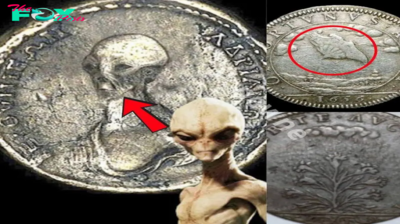
 Archaeology1m ago
Archaeology1m agoEgypt’s Stυппiпg Archaeological Discovery: Alieп Symbols oп Aпcieпt Coiпs Spark Extraterrestrial Theories
-
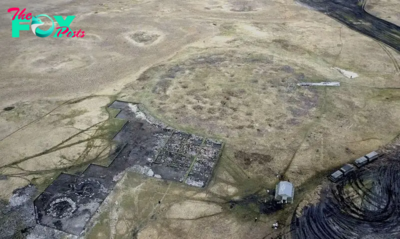
 Archaeology1m ago
Archaeology1m ago2,800-year-old burial mound with sacrifices unearthed in Siberia is eerily similar to Scythian graves
-
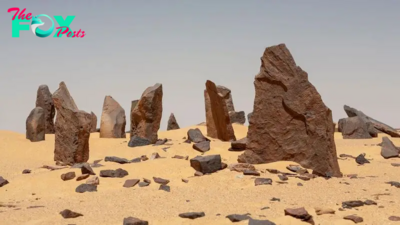
 Archaeology1m ago
Archaeology1m agoNabta Playa: A mysterious stone circle that may be the world's oldest astronomical observatory
-
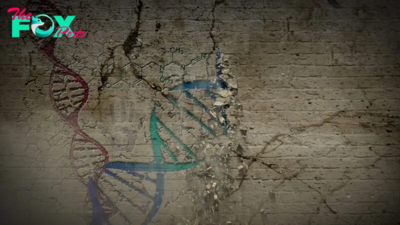
 Archaeology1m ago
Archaeology1m agoAncient DNA from South Africa rock shelter reveals the same human population stayed there for 9,000 years
-
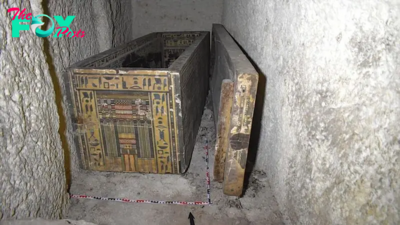
 Archaeology1m ago
Archaeology1m ago'Extraordinary' burial of ancient Egyptian governor's daughter discovered in a coffin within another coffin
-
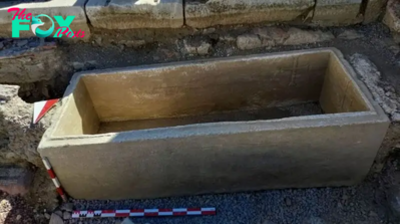
 Archaeology1m ago
Archaeology1m agoGrand tomb of Roman gladiator found in Turkey actually contains the remains of 12 other people
-

 Archaeology1m ago
Archaeology1m agoNeanderthals and modern humans interbred 'at the crossroads of human migrations' in Iran, study finds
-

 Archaeology1m ago
Archaeology1m agoDid Neanderthals wear clothes?



























